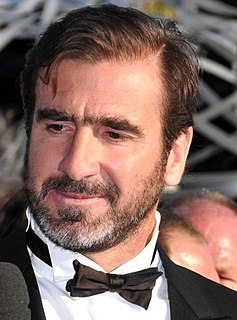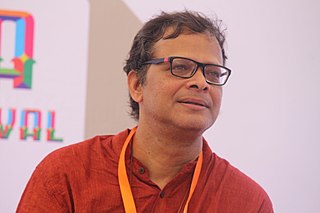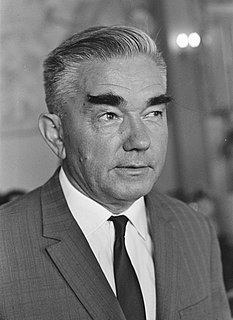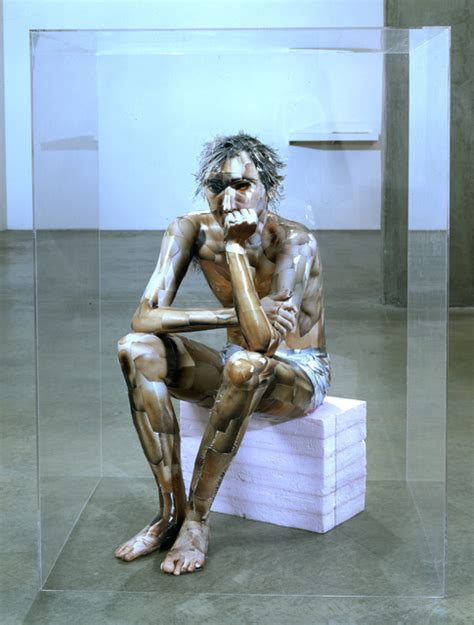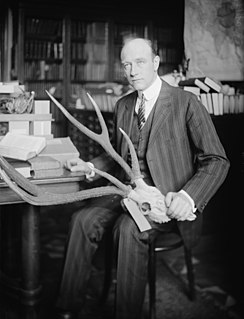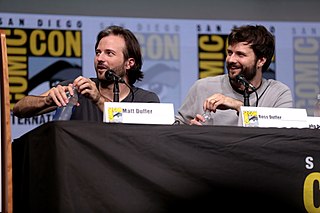A Quote by Kurt Vonnegut
Kilgore Trout once wrote a short story which was a dialogue between two pieces of yeast. They were discussing the possible purposes of life as they ate sugar and suffocated in their own excrement. Because of their limited intelligence, they never came close to guessing that they were making champagne.
Related Quotes
With my two brothers, Jean-Marie and Joel, I wrote a two-page story and wanted to make some kind of movie. We met a French production company, called Why Not?, and the first name we put on the list was Ken Loach. It was a dream for all of us. So, we tried and we met Ken and Paul Laverty, his writer, and they read the two pages and were inspired by that to do something. Paul had the freedom to do his own story - and he wrote his own story, which is better than the one we'd written.
I once wrote a short story called 'The Best Blues Singer in the World,' and it went like this: 'The streets that Balboa walked were his own private ocean, and Balboa was drowning.' End of story. That says it all. Nothing else to say. I've been rewriting that same story over and over again. All my plays are rewriting that same story.
I didn't go to bookshops to buy. That's a little bourgeois. I went because they were civilized places. It made me happy there were people who sat down and wrote and wrote and wrote and there were other people who devoted their lives to making those words into books. It was lovely. Like standing in the middle of civilization.
I wrote to find beauty and purpose, to know that love is possible and lasting and real, to see day lilies and swimming pools, loyalty and devotion, even though my eyes were closed, and all that surrounded me was a darkened room. I wrote because that was who I was at the core, and if I was too damaged to walk around the block, I was lucky all the same. Once I got to my desk, once I started writing, I still believed anything was possible.
Perhaps the more "operatic" video pieces were a reaction to my knit sculpture, which kept me isolated for so long in the studio that the videos were a way for me to be social and flamboyant and to change my mind all the time. Because when I did the knit pieces, once I committed myself to a piece, I was locked into an idea, and the only thing that could really move was my mind. The early video pieces were a way for me to express what was going on in my mind.
In the [first] fifteen years [of field work] I can remember just ten times when I had really narrow escapes from death. Two were from drowning in typhoons, one was when our boat was charged by a wounded whale; once my wife and I were nearly eaten by wild dogs, once we were in great danger from fanatical lama priests; two were close calls when I fell over cliffs, once I was nearly caught by a huge python, and twice I might have been killed by bandits.
I wouldn't say the anthropologists were making art, but they were definitely justifying their practices with very personal reasoning, passion, and they were also experimenting with form. There was a sense of trying to be as sincere as possible, whether you were investigating something far away from you or very close.

